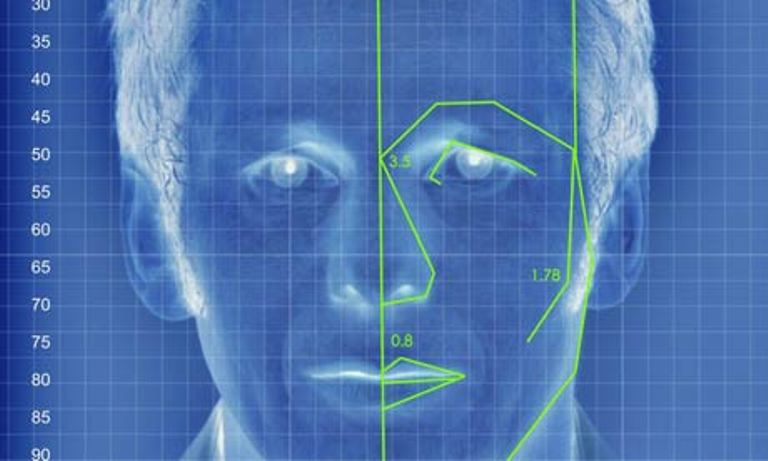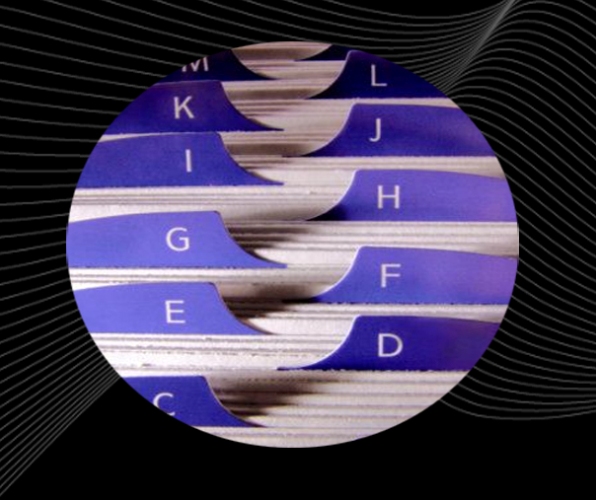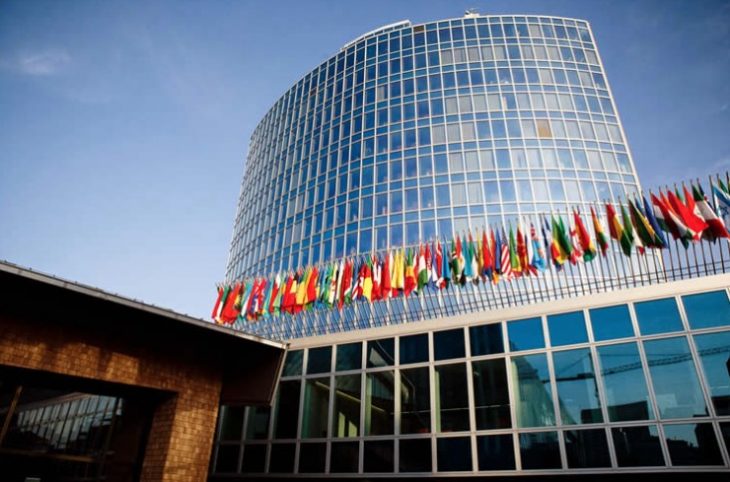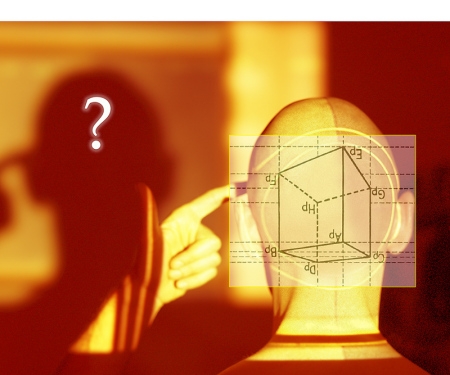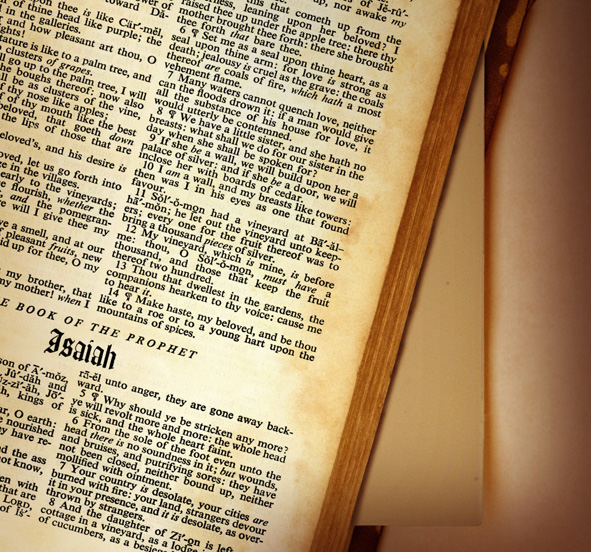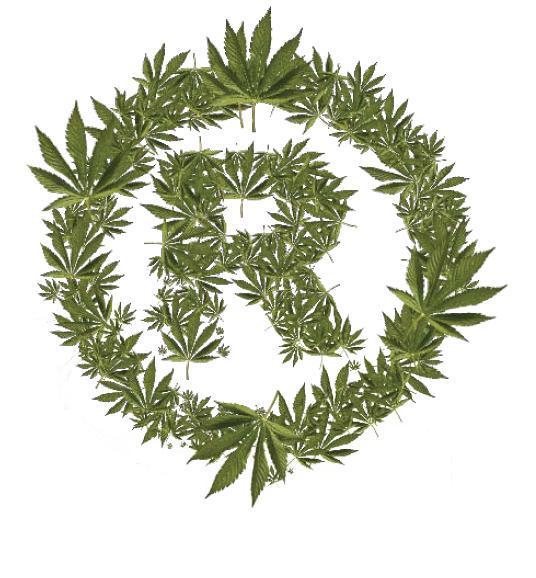Por Santiago Nadal
Spanish Unfair Competition Law is nowadays used as a tool to guarantee freedom of competitors and the fairness market behavior. Commercial Courts have changed its application; from the classical cases, related to imitation of products, to more complex behaviors.
CLASSICAL TOPICS
Classical unfair competition
Classical examples refer to obvious anti-competition behaviors easily recognizable by the average consumer: imitation, confusion, deceit, slander, collation.
1) Imitation
As a principle, imitation is free, according to section 11 of the Law. However it is forbidden if there is infringement of any intellectual or industrial property rights, risk of confusion for consumers, or misuse of a third party’s reputation or efforts.
Case Law refers to the “double protection circle”: to imitate a product, regardless of whether it is not registered, may be deemed unfair (i.e. if it can be associated with other products). To check or verify whether there is unfair imitation, the product and its presentation have to be studied in its totality: partial differences may not “save” a product if the general vision is confusing.
The imitation of characteristics of a product is not considered unfair, when the imitation is avoidable. For example, some characteristics of a type of product have to be inevitably shared.
2) Confusion and Association
Section 6 of the Unfair Competition Law condemns any act creating confusion/association among products/services and those of the competitors.
Consumers may believe that a product belongs to another company (confusion) or associate the product to other products from another company (association). The pure risk of confusion will be considered unfair.
3) Deceit / Slander / Collation
Section 8 of the Unfair Competition Law considers unfair any behavior that may lead to a mistake about the characteristics of the product and/or the companies. This is also punished by the Publicity Law. It refers to grant bonus and acts as a “hook” to purchase the product. Risk alone is punished – no actual mistake is required.
Section 9 of the Unfair Competition Law prohibits any false statement against a competitor’s market prestige aiming to damage the competitor’s credit. This is also forbidden by section 6. For example, Case Law states it is discrediting to say a wine is blurred or a competitor is insolvent when it is not true.
Exact, true or appropriate declarations are deemed fair unless referring to beliefs or personal information (which are not permitted).
Sections 10 of the Law consider unfair any comparison that refers to non-analogue, irrelevant or unverifiable items. Verifiable comparisons are permitted to help consumers to decide.





